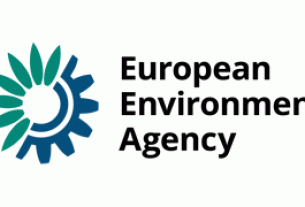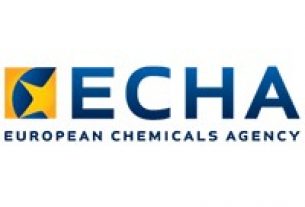- Tighter credit terms and conditions offered by banks to counterparties, relatively contained despite the war in Ukraine
- Higher demand for funding secured against government bonds but lower demand for funding secured against equities
- Clients’ liquidity needs resulting from variation margin requirements on their volatile commodity derivative portfolios largely met using credit lines
Overall credit terms and conditions offered by banks to counterparties tightened over the March-May 2022 review period. This tightening seems relatively contained compared with previous surveys at a time of crisis. Price and non-price terms tightened for all counterparties except hedge funds, for which non-price terms remained, on balance, unchanged. The tightening continued the trend reported for the previous four quarters and was in line with the expectations expressed in the previous survey. The June 2022 survey respondents expected price and non-price terms to tighten further for almost all types of counterparty over the period from June 2022 to August 2022.
Turning to securities financing transactions, survey responses gave a mixed picture regarding financing conditions. This was reflected in the net percentages of participants reporting a slightly lower maximum amount and a slightly higher maximum maturity of funding for most types of euro-denominated collateral, and in increasing rates/spreads for funding secured against most collateral types. Haircuts applied to euro-denominated collateral had either increased or remained unchanged for most types of collateral. Responses also gave a mixed picture regarding demand for funding, with a significant share of respondents reporting higher demand for funding secured against government bonds but lower demand for funding secured against equities.
In the case of non-centrally cleared over-the-counter (OTC) derivatives, respondents reported that, over the March-May 2022 review period, initial margin requirements had increased for all OTC derivative types and liquidity and trading had deteriorated for most OTC derivative types. Valuation disputes had increased in volume, duration and persistence for almost all OTC derivative types over the review period, but most noticeably for credit derivatives referencing corporates and for commodity derivatives.
In view of the Russian invasion of Ukraine and the resulting volatile commodity derivative markets, special questions were included in the June 2022 survey to assess the impact of margin requirements on survey respondents’ clients as well as on survey respondents’ respective institutions. A small number of responding institutions’ clients were experiencing liquidity strains resulting from variation margin requirements on their commodity derivative portfolios, which were largely met using credit lines. Survey respondents did not report any general market shifts related to the volatile commodity derivative markets. However, more than half of respondents reported shifts from exchange-traded commodity derivatives to less collateralised market segments (e.g. non-centrally cleared OTC derivatives). Only a small number reported a shift between exchanges or products.
The June 2022 SESFOD survey, the underlying detailed data series and the SESFOD guidelines are available on the European Central Bank’s website, together with all other SESFOD publications.
The SESFOD survey is conducted four times a year and covers changes in credit terms and conditions over three-month reference periods ending in February, May, August and November. The June 2022 survey collected qualitative information on changes between March 2022 and May 2022. The results are based on the responses received from a panel of 25 large banks, comprising 14 euro area banks and 11 banks with head offices outside the euro area.
ecb.europa.eu


















